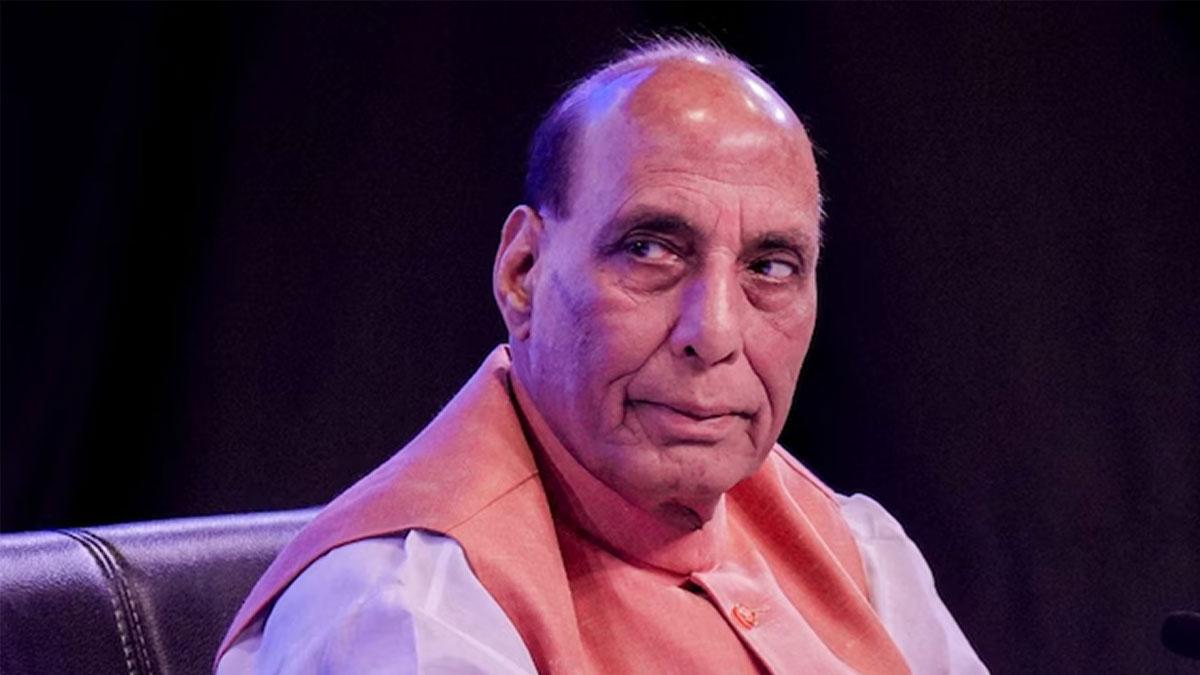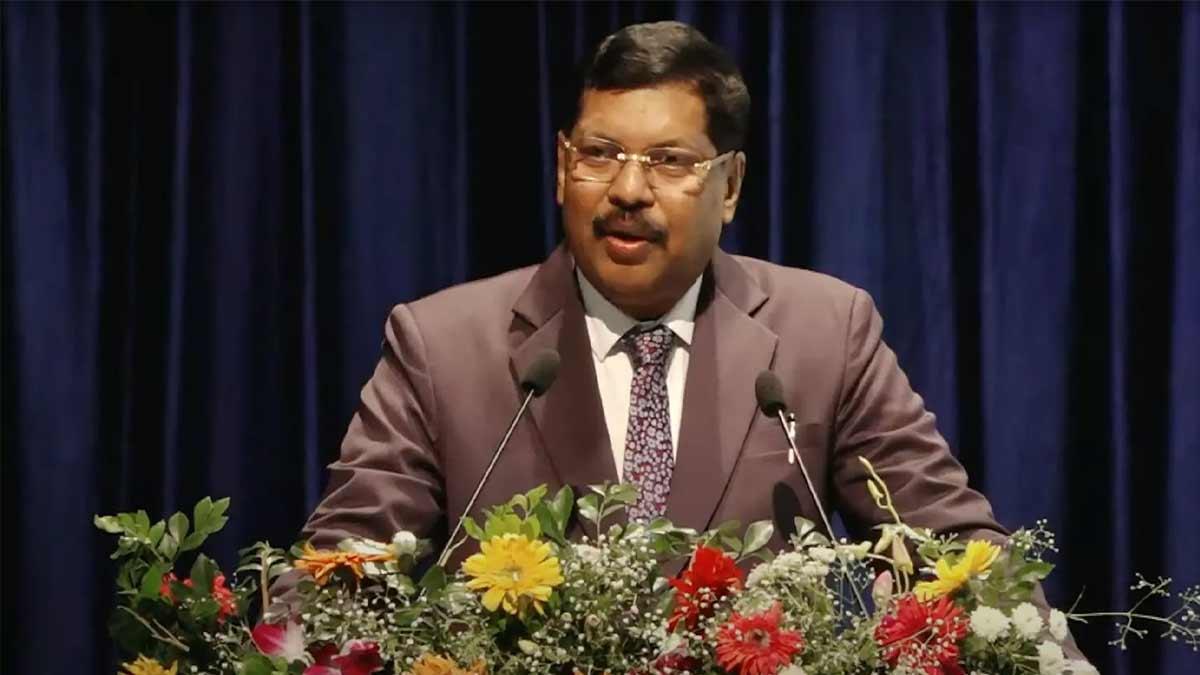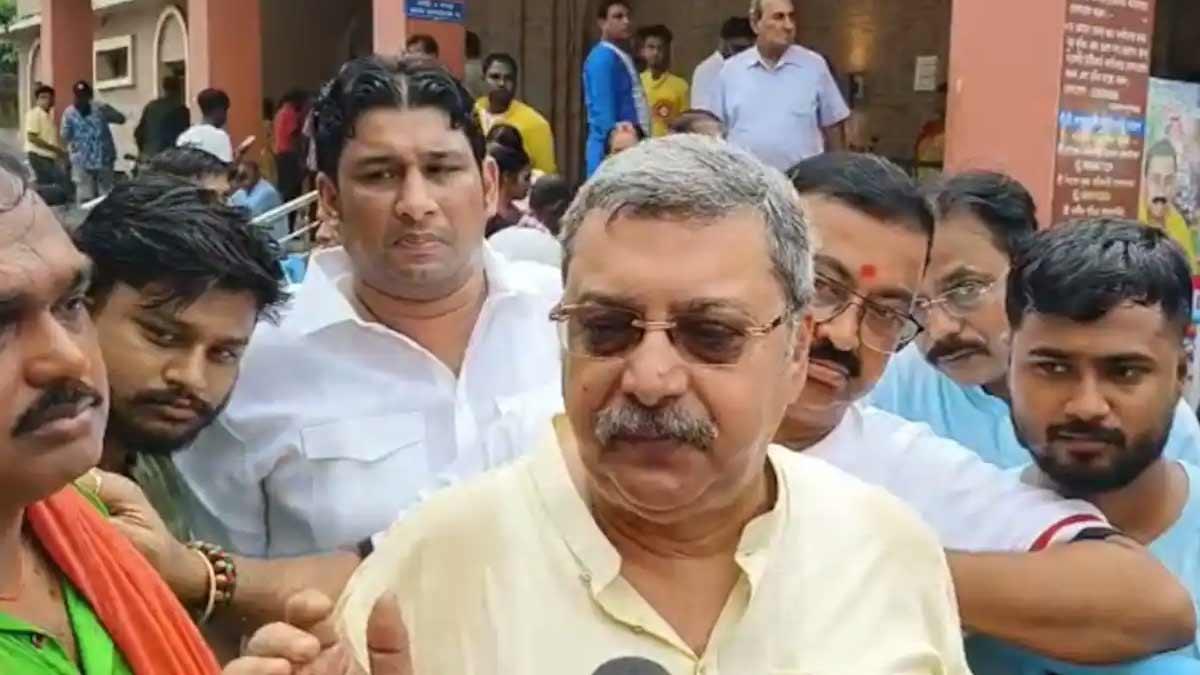In view of the Jahangirpuri violence and the Ukraine war related coverage, the Centre on Saturday issued a strong advisory warning news organisations to refrain from publishing and transmitting any offensive, misleading or critical content which is violative of the relevant regulatory Act.
Drawing attention to reporting on Russia-Ukraine conflict, certain incidents in North-West Delhi and of certain news debates, the advisory issued by the Ministry of Information and Broadcasting said: "It has been found that in the recent past several satellite TV channels have carried out coverage of events and incidents in a manner which appears to be unauthentic, misleading, sensational and using socially unacceptable language and remarks, offending good taste and decency, and obscene and defamatory and having communal overtones, all of which appear to be violative of the Programme Code and infringement of the provisions of sub-section (2) of Section 20 of The Cable Television Networks (Regulation) Act, 1995."
In connection with the reporting on the Russia-Ukraine war, the government said it has been observed that channels have been making false claims and frequently misquoting international agencies/actors; used "scandalous headlines/taglines" that are completely unrelated to the news item; and many of the journalists and news anchors of these channels made fabricated and hyperbolic statements intending to incite the audiences.
Similarly on the Jahangirpuri communal clashes, the advisory pointed out that the coverage by the TV channels had provocative headlines and videos of violence that may incite communal hatred among the communities and disrupt peace and law and order; disrupting the ongoing investigation process by playing scandalous and unverified CCTV footages; showing footages of a specific community, thus aggravating the communal tensions and fabricated headlines, sensationalizing and giving communal colours to the actions of the authority.
Also Read | Jaishankar calls on Mauritius PM Pravind Jugnauth
The Ministry also said that it was also observed that in the news, some of channels broadcast debates having unparliamentary, provocative and socially unacceptable language, communal remarks and derogatory references which may have a negative psychological impact on viewers and may also incite communal disharmony and disturb the peace at large.
"Some are also found to be disrespectful, passing on insulting remarks or giving reference to the different religions or faiths or their founders."
In all three instances, the advisory offered some of the exemplars of the content carried by the television channels.
The government, therefore expressed serious concern about the manner in which the television channels have gone about their operations in the matter of transmitting content and strongly advised them "to immediately refrain from publishing and transmitting any content which is violative of the aforementioned provisions of The Cable Television Networks (Regulation) Act, 1995 and the rules thereunder".
Satellite TV channels are granted permission under the Uplinking/Downlinking Guidelines of 2005/2011 for adherence to the Programme Code read with The Cable Television Networks (Regulation) Act, 1995. Sub-section (2) of Section 20, inter alia, provides that the Central Government may, by order, regulate or prohibit the transmission or retransmission of any channel or programme, if it considers it necessary or expedient to do so in the interest of (i) sovereignty or integrity of India; or (ii) security of India; or (iii) friendly relations of India with any foreign State; or (iv) public order, decency or morality.
Similarly, sub-section (3) of Section 20 of the aforementioned Act, inter alia, empowers the Central government to regulate or prohibit transmission/retransmission of a programme where such programme is not found to be in conformity with the prescribed Programme Code laid down thereunder.
Also Read | Sitharaman makes India's stand clear with the US on the Ukraine crisis
Section 6 of the Programme Code says, no programme should be carried in the cable service which, offends the good taste or decency; contains criticism of friendly countries; contains attack on religions or communities or visuals or words contemptuous of religious groups or which promote communal attitudes, and contains anything, obscene, defamatory, deliberate, false and suggestive innuendos and half truths.


















